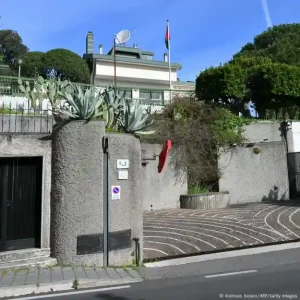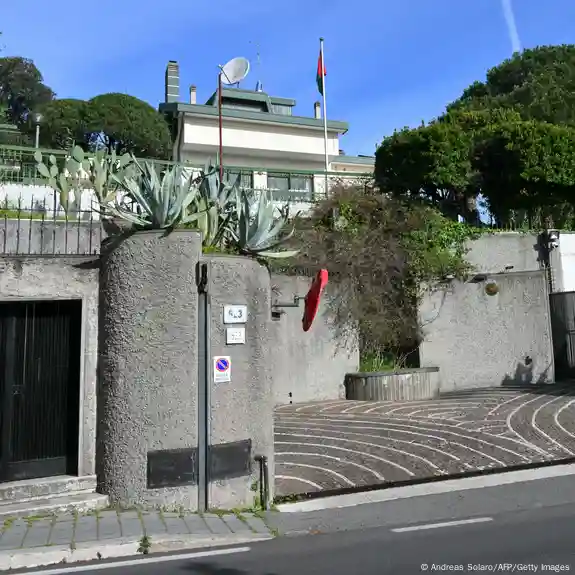The latest round of US-Iranian nuclear talks, scheduled for this weekend, has been postponed with Oman’s foreign minister cited “logistical reasons.”

Oman’s Foreign Minister Badr Albusaidi, whose country is mediating Iran’s talks with the United States on its nuclear program, said Thursday that the latest round scheduled for this week has been postponed to a later date “for logistical reasons.”
The minister made the announcement in a post on the social platform X.
Show additional content?
This content is part of the text you are currently reading. The provider X / Twitter provides this content and may collect your usage data directly when you click “Show content”.
Always show content from X / Twitter.
“For logistical reasons we are rescheduling the US Iran meeting provisionally planned for Saturday May 3rd,” he wrote, adding that new dates will be announced when mutually agreed upon.
Saturday’s talks were to take place in Rome, where the Vatican will soon begin the conclave to elect a new pope following the death of Pope Francis on Wednesday.
The talks are aimed at limiting Iran’s nuclear program in exchange for the lifting of some of the crushing economic sanctions imposed on Tehran by the United States.
Meanwhile, Iranian Foreign Ministry spokesman Esmail Baghaei issued a statement describing the talks as “postponed at the request of Oman’s foreign minister.
He said Iran remained committed to reaching “a fair and lasting agreement.”
War of words between Iran and the US
Earlier on Thursday, Iran accused the US of “contradictory behavior and provocative statements” after Washington imposed new oil-related sanctions and warned Tehran of consequences for supporting Yemen’s Houthis.
The Iranian statement came a day after the US-sanctioned entities trading Iranian oil and petrochemicals.
Separately, US Defense Secretary Pete Hegseth warned Iran of repercussions for backing the Houthis.
The Houthi rebels began attacking ships near the Red Sea and the Gulf of Aden in late 2023 in retaliation for Israel’s ground offensive in Gaza.
Edited by: Louis Oelofse
DW News


